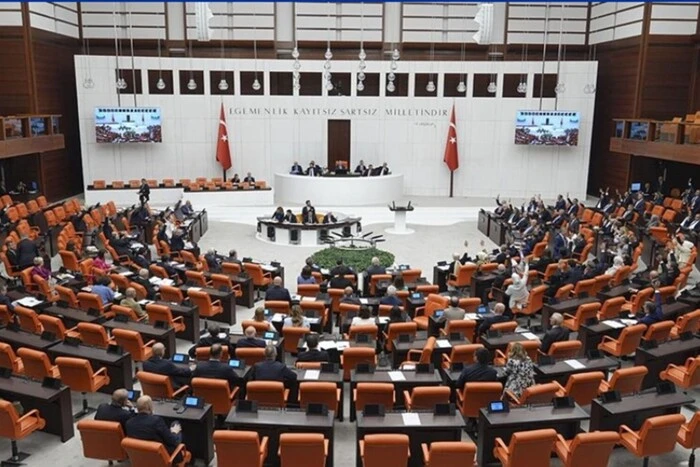What is jurisdiction in simple terms.


Legal issues are resolved and quite often with the help of various terms. For example, what is jurisdiction (what it is) and how it works in simple terms. Moreover, in addition to what jurisdiction is, it is important to understand what comes out of it. That is, all the arising terms and consequences.
When understanding what jurisdiction is, it is necessary to use the legal context. This term is usually used in matters where legal aspects are important. In other respects, it is a simple term.
How to understand what jurisdiction is?
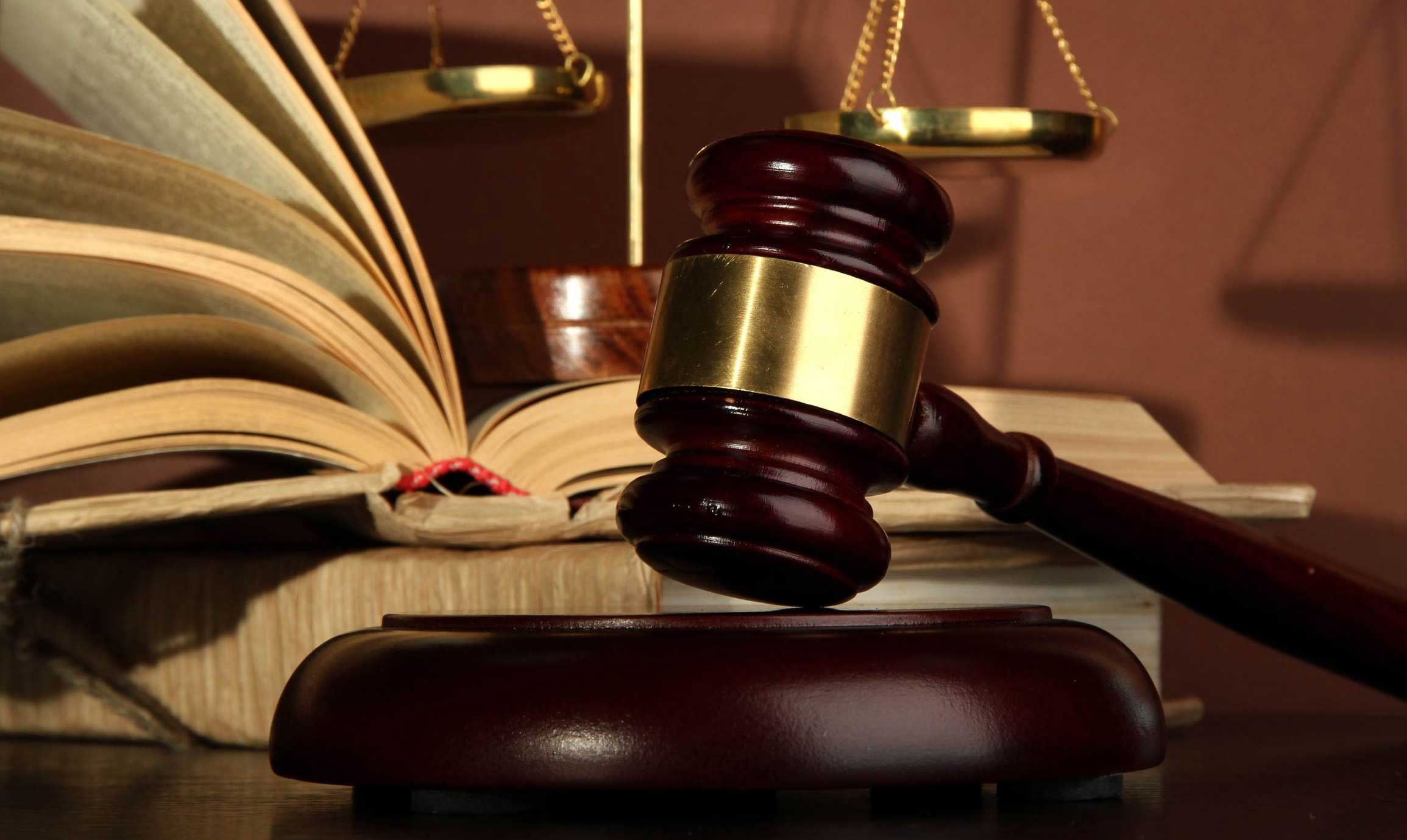
So, jurisdiction is a certain right. More precisely, it means authority. It is granted to some authority body and gives it the right to make decisions. For example, a court or a state. That is, jurisdiction allows making decisions or even enacting laws, but only in certain cases. Simply put, it is a “zone of responsibility” within which certain rules and laws apply.
If we talk about jurisdiction, it should be mentioned that there are many types of it. Each of them has its own peculiarities. Jurisdiction is divided into several types depending on its application (this is the main division):
-
Territorial jurisdiction. This is the authority of the power body in a certain territory. For example, Ukrainian laws only apply within Ukraine.
-
Personal jurisdiction principle. This is the right to apply laws to specific persons. For example, a citizen of Ukraine, even while abroad, may fall under the action of Ukrainian laws in some cases.
-
Subject matter jurisdiction (it concerns material issues). This is the area of questions that an authority body can consider. For example, an economic court deals with economic disputes.
-
Extraterrestrial jurisdiction. This is cases when the laws of one state apply to actions beyond its borders. For example, US tax laws can apply to US citizens living abroad.
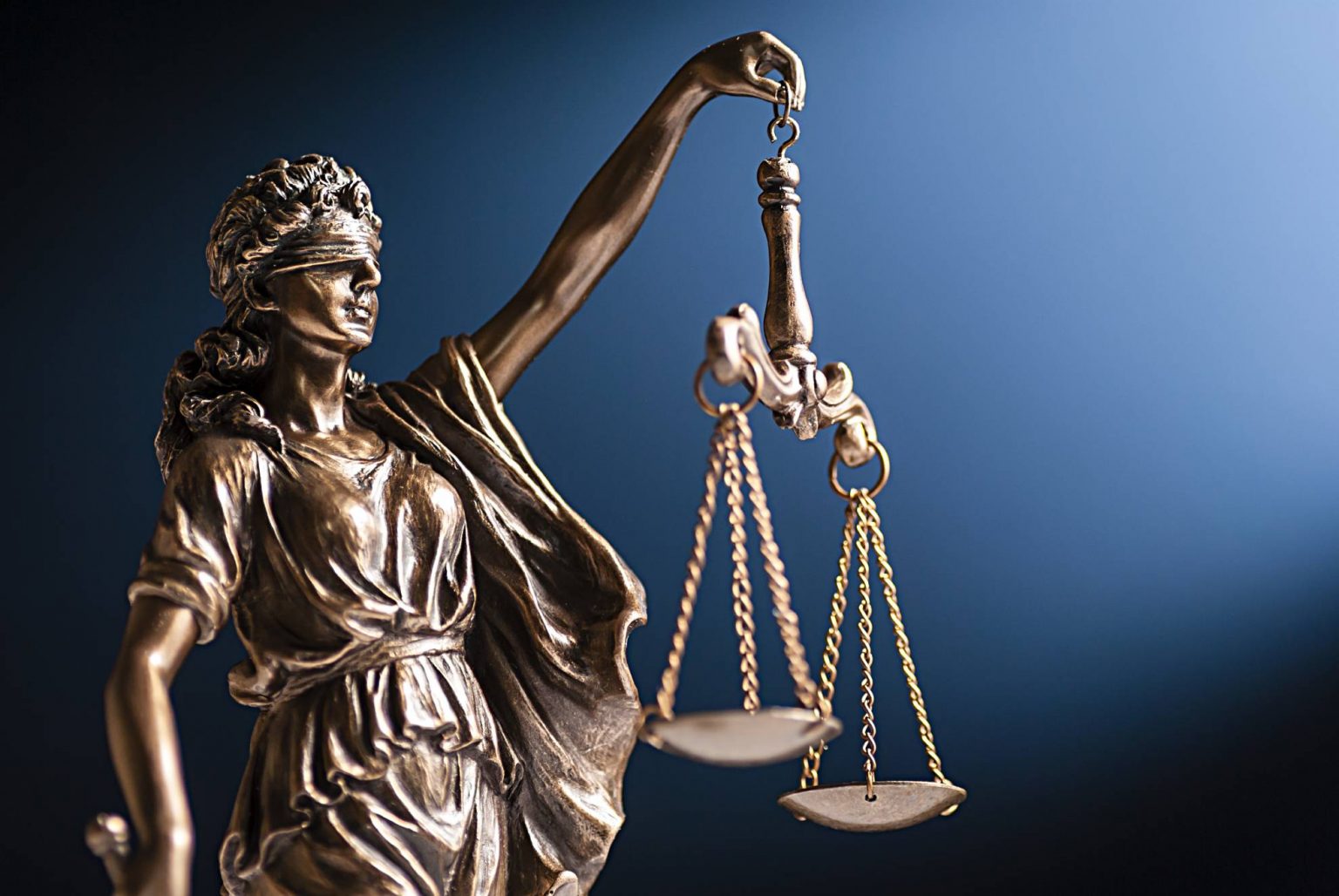
In general, each type of jurisdiction has its own peculiarities, principles of operation, and exceptions, certain limitations.
Who needs jurisdiction and why?
Jurisdiction is a simple process, but its use is very narrow (not everyone uses it). Jurisdiction helps to establish order and clear boundaries of responsibility. Without it, it would not be clear which court or authority body should consider a particular case, as well as which laws should be applied. For example, if a person violates the law in Kyiv, their case will be considered by the Ukrainian court, not the court of another country. Another example is that a company registered in another country can be held accountable under the laws of that country.
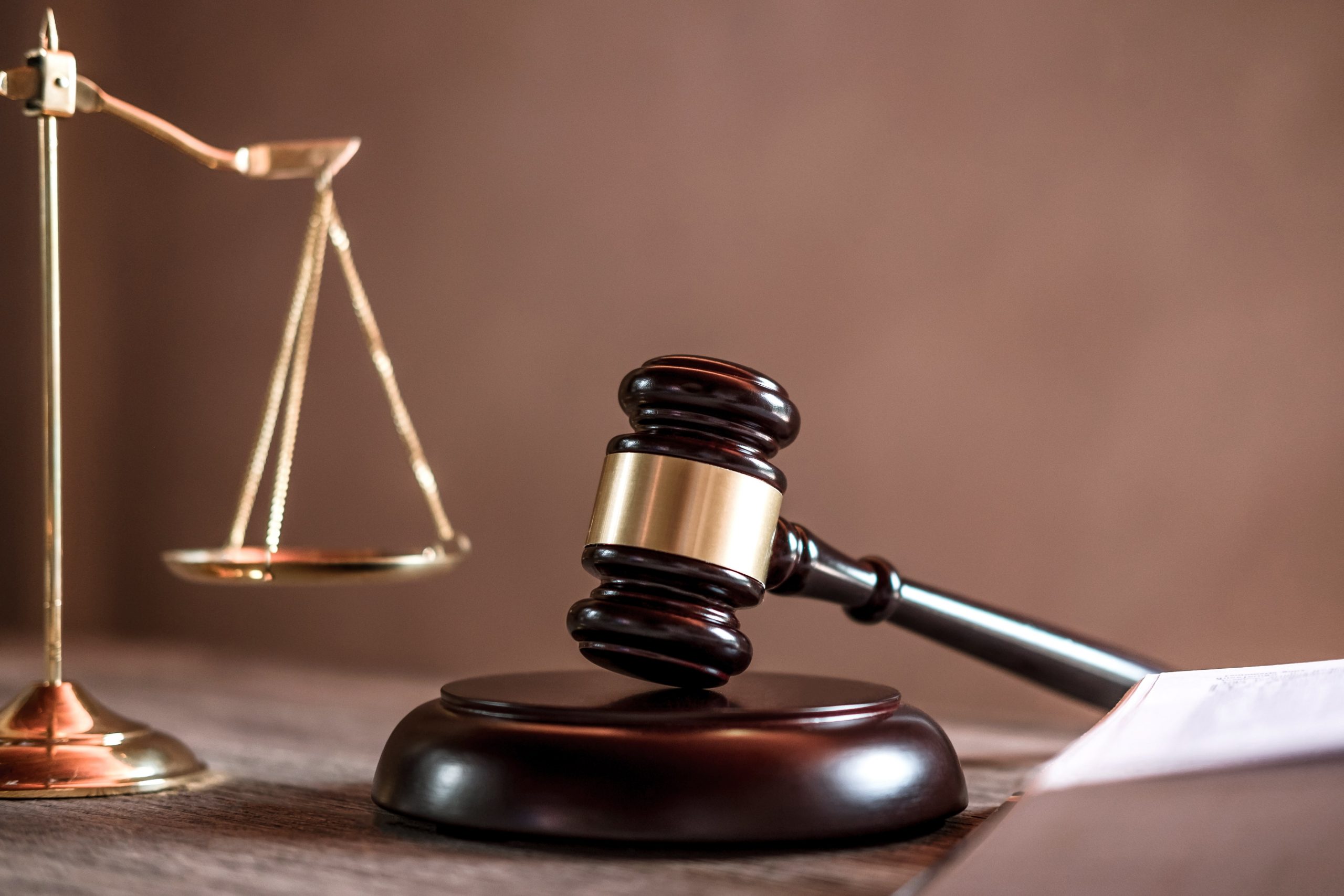
Jurisdiction can also be applied in some matters in everyday life. Although the term “jurisdiction” may sound complicated, its manifestations people encounter daily. What is at stake:
-
Any disputes when it comes to court. If you have a conflict with a neighbor, the case will be considered in the court having jurisdiction in your area.
-
When making international purchases. When ordering goods from another country, you are subject to the jurisdiction of the seller's country, especially concerning returns or warranties.
-
Tax matters also have their own jurisdiction. Citizens are obliged to pay taxes in the jurisdiction of the country where they live or work.
In general, everyone needs to understand the topic of jurisdiction. This is a useful term that may come in handy.
What happens if jurisdiction is violated?
There is also the concept of violation of jurisdiction. Essentially, this is an attempt to apply laws or powers in cases where the authority body does not have the right to do so. Such actions are considered illegal and can lead to a number of consequences. For example, a decision may be invalid, or a fine or sanctions may be imposed. International conflicts may also arise.
To make it clear, here is an example. If a court in one country issues a ruling against a citizen of another country without having the authority to do so, that ruling will not be recognized.
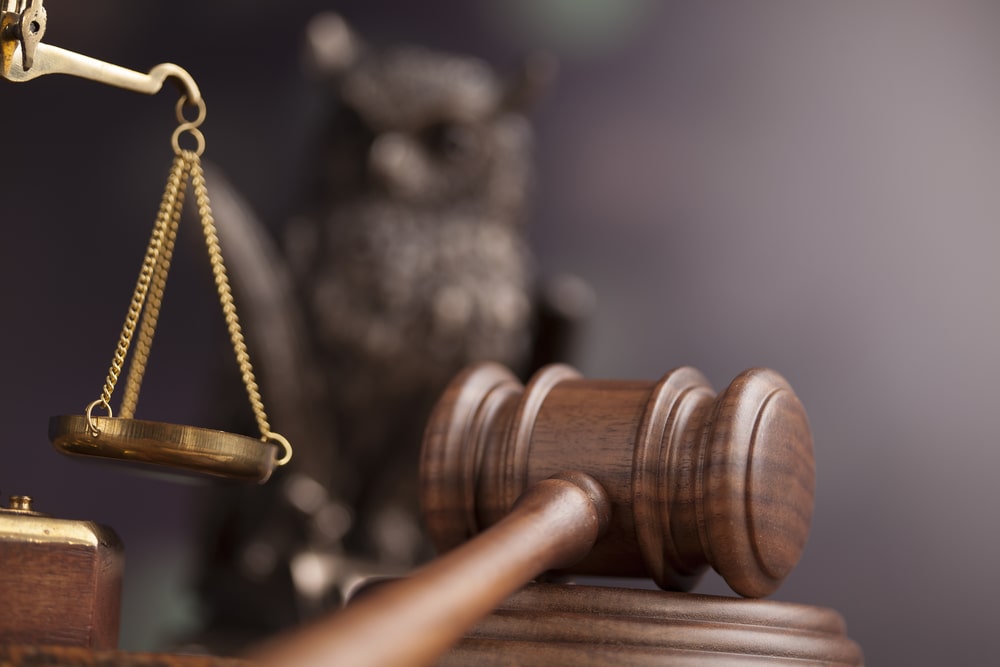
It is also important to understand how and where a specific jurisdiction operates. Then there will be no problems with the violation of jurisdiction.
To determine jurisdiction, it is important to consider:
-
Location. It is necessary to determine where the incident occurred, in which country or region. These two questions will be enough.
-
Parties to the dispute. Next, it is necessary to understand who is involved - citizens, companies, or government bodies. This can also be a good clue.
-
Type of case. Next, it should be understood what is at stake - criminal, civil, or international case. This can provide guidance on jurisdiction.
These tips will be enough to understand jurisdiction.
There are also a couple of useful tips on how to understand jurisdiction. More precisely, how to figure out this rather complex term. So, what can be done:
-
If you are faced with a legal situation, clarify which jurisdiction applies.
-
Consult a lawyer to avoid mistakes.
-
When signing international contracts, study the laws of the country you are dealing with.
In other respects, jurisdiction is the foundation of legal order, which determines which laws and authorities should address a particular issue. Understanding jurisdiction will help you act correctly in legally complex situations and avoid problems with the law.
What to do when jurisdiction does not work?
The absence of effective jurisdiction can become a serious problem for resolving disputes, protecting rights, and enforcing contracts. This can happen in situations of political instability, force majeure circumstances, or unlawful actions of authorities.

In such situations, it is important to:
-
Document all circumstances with the help of witnesses, documents, or videos.
-
Seek alternative dispute resolution mechanisms, such as arbitration or mediation.
-
Use international law and contact competent authorities, such as the European Court of Human Rights.
-
Consult a lawyer specializing in international affairs.
A proper strategy will help minimize risks and protect your interests.
Read also
- The EU invests in the railway connection Lviv-Poland
- Syrskiy responded to the accusations of the commander of the 47th brigade regarding Khurschyna
- Zelensky on Trump’s conversation with Putin: not sure they have much in common
- In Denmark, Zelensky awarded the 'Future of Ukraine' honor to a foreigner for the first time
- Turkey has adopted its first climate law in history
- Temporary restrictions introduced at border crossings with Poland and Romania





